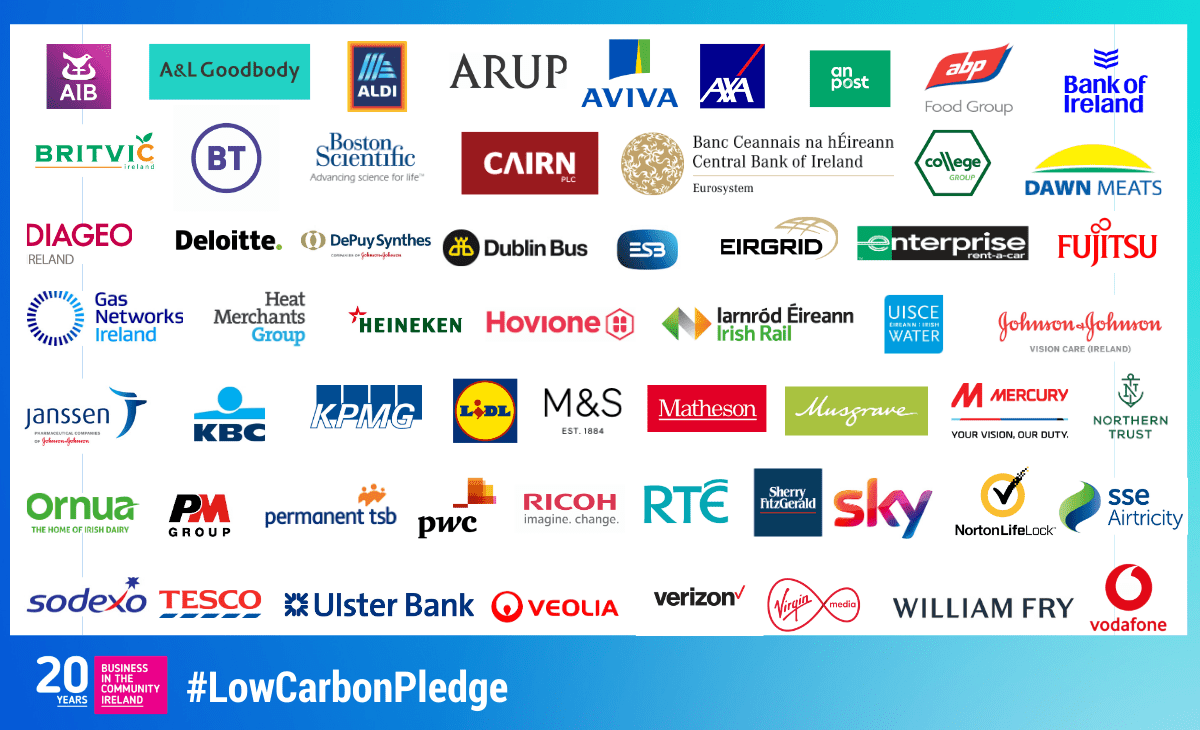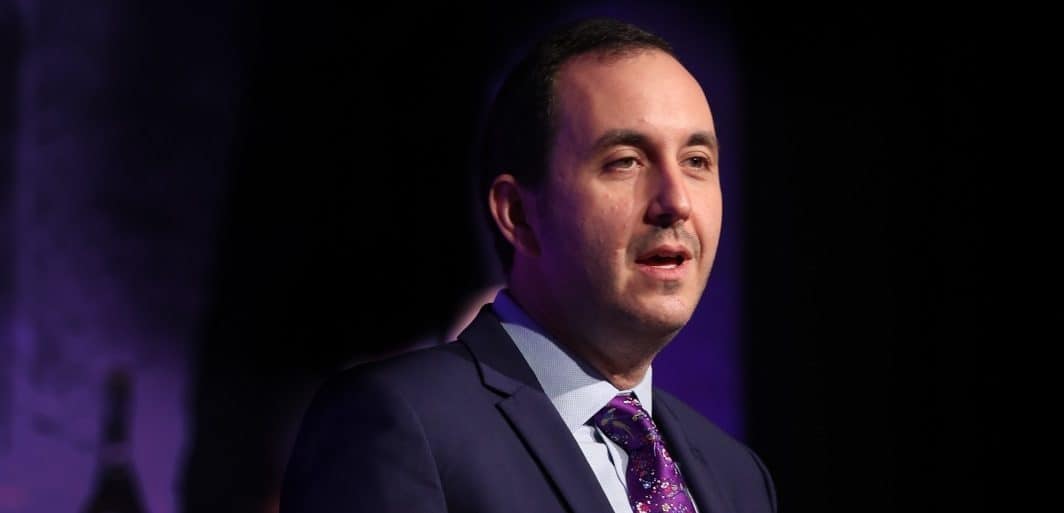Pictured: Tomás Sercovich, CEO, Business in the Community Ireland
The global COVID-19 pandemic has exposed some fundamental challenges for our economy and society. It is clear we need to reset our economy, not just re-start from where we left three months ago.
COVID-19 has also demonstrated how some businesses had developed great resilience and authentic leadership to face the crisis.
We may be relieved to see that in average global CO2 emissions will be down by 8% this year as a result of the pandemic. However, the consensus from the UN-led Intergovernmental Panel on Climate Change is that we must reduce global greenhouse gas emissions annually by 7% every year this decade to stay in the threshold of 1.5 degrees of global warming, as stated in the Paris Agreement and avoid irreversible damage to our planet and economy.
Stalling the world economy every year for three months is not a viable solution to the climate crisis. As much as COVID-19 is a major threat to our economy, the climate crisis is an existential challenge that has far reaching consequences.
COVID-19 obliges us to re-think our economic systems, our business models and our personal lifestyles. As we set about to re-imagine a new model for the post-pandemic world, we must see this as a unique opportunity to radically accelerate our transition to a net zero and inclusive economy.
We also see this as a time for business to lead on this change of model and to thrive in the low carbon economy.
Business in the Community Ireland has been driving the agenda for responsible and sustainable business for 20 years. In 2018 we brought together the collective voice of Ireland’s largest companies under the Low Carbon Pledge, to commit to reduce the intensity of their direct emissions by 50% by 2030. Close to 60 companies in the most relevant sectors of the economy have to-date signed up at CEO level to the Low Carbon Pledge.
To mark World Environment Day, we are launching, in partnership with PwC our second annual report, Business Working Together for a Low Carbon Ireland, presenting the results of this collective effort to transit to a low carbon economy.

This year we note that signatory companies have reduced their emissions intensity from 36% last year to 41%. For the 45 companies that participated in last year’s inaugural Low Carbon Pledge report, they have reduced absolute, i.e. total direct emissions by 18%.
We have additionally increased the level of ambition of the pledge to include some aspects of indirect carbon emissions of businesses, namely business travel, water use and waste generated in operations.
While the emissions intensity reduction is significant, we know we need to support companies to reduce their absolute emissions and align with a net zero roadmap to 2050. Ultimately the ambition of the Low Carbon Pledge is to work towards setting science-based emission reduction targets aligned with the Paris Agreement.
Looking beyond the numbers, this is the time to set a new ambition for a low carbon and inclusive society. The decarbonisation of our economy will require clear direction by governments and regulators, decisive action by investors and business leadership to innovate in technologies and processes that can deliver on the emissions reductions needed. It will also need us to re-consider our consumption and lifestyle choices.
A just and fair transition to low carbon implies a new social contract that will have as a fundamental principle inclusion and solidarity to leave no one behind.
Business needs to lead on this agenda and our business leaders must drive the unprecedented change that is required.
COVID-19 has demonstrated the capacity of businesses to respond to a significant shock in a concerted and meaningful way. We need to see business looking at the climate crisis as the once in a generation challenge where we all need to work together to flatten the curve towards a net zero world.
The report is available to download on www.bitc.ie







